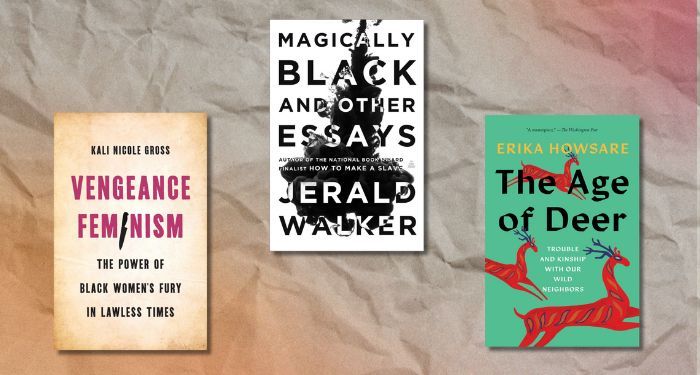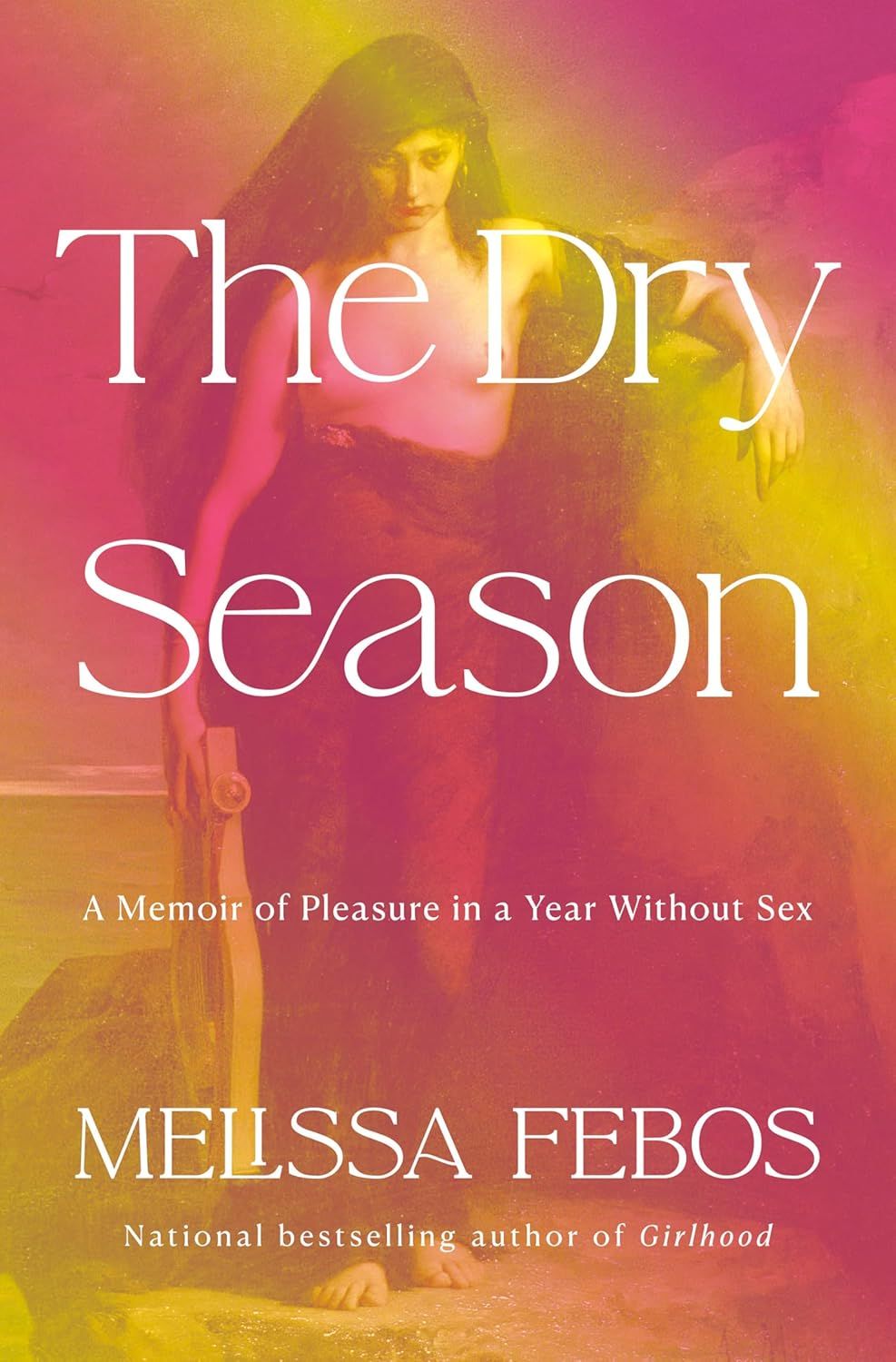Recently, the PEN Foundation announced its finalists for a wide range of literary awards, which include several nonfiction titles. PEN has a couple of mixed genre prizes that include nonfiction, like the PEN/Jean Stein Book Award and the PEN Open Book Award. It also includes several prizes for nonfiction, including the PEN/Diamonstein-Spielvogel Award for the Art of the Essay, the PEN/E.O. Wilson Literary Science Writing Award, the PEN/Jacqueline Bograd Weld Award for Biography, and the PEN/John Kenneth Galbraith Award for Nonfiction.
 |
There are so many titles from a wide range of nonfiction categories, so be sure to check them all out. But some standout titles include Vengeance Feminism: The Power of Black Women’s Fury in Lawless Times by Kali Nicole Gross, Magically Black and Other Essays by Jerald Walker, and The Age of Deer: Trouble and Kinship with Our Wild Neighbors by Erika Howsare.
2025 State of America’s Libraries Report
The ALA has published its 2025 State of America’s Libraries Report, where they note that “The American Library Association documented 821 attempts to censor materials and services at libraries, schools, and universities in 2024.” They also note that it’s typically not parents or students. It’s pressure groups and government entities that are pushing for books to be banned. With its infographics and easily digestible information, this is a report you won’t want to miss.
 |
Melissa Febos’s Dry Season (Publisher’s Weekly)
Lambda Literary Award finalist Melissa Febos is known for her intimate, deeply personal writing about queer love, sex, and relationships. I’ve loved Febos’s writing for years. I heard that she had a new book coming out about her year of celibacy, I thought, “Where do I sign up?!” Febos’s writing is stunning, and she is full of incredible insights. I loved this feature in Publisher’s Weekly where we get a sneak peek into Dry Season.
To Tell My Disabled Stories, I Needed to Unlearn Ableist Workshop Critiques (Electric Literature)
Sometimes, it can be exhausting being a disabled writer in a literary ecosystem built for nondisabled people. Sarah Fawn Montgomery tackles this very topic as she describes what it’s like being a disabled writer in classrooms where she repeatedly received ableist critiques of her work. She shares how her experiences led her to write Nerve: Unlearning Workshop Ableism to Develop Your Disabled Writing Practice, which outlines a more inclusive way to run writing workshops.
That’s it for this week! You can find me over on my substack Winchester Ave or over on Instagram @kdwinchester. As always, feel free to drop me a line at kendra.d.winchester@gmail.com. For even MORE bookish content, you can find my articles over on Book Riot.
The following comes to you from the Editorial Desk.
This week, we’re highlighting a post that had our Managing Editor Vanessa Diaz feeling a type of way. Now, even five years after it was published, Vanessa is still salty about American Dirt. Read on for an excerpt and become an All Access member to unlock the full post.
Picture it: The United States, January 2020. A book with a pretty blue and white cover is making the rounds on the bookish internet. The blue ink forms a beautiful hummingbird motif against a creamy background, a bird associated with the sun god Huitzilopochtli in Aztec mythology. Black barbed wire, at once delicate and menacing, cuts the pattern into a grid resembling an arrangement of Talavera tiles. The package is eye-catching, ostensibly Mexican in feel, and evocative of borders and the migrant experience.
The book tells the story of a bookstore owner in Acapulco, Mexico, who is forced to flee her home when a drug cartel murders everyone in her family except for her young son at a quinceañera. She and the boy are forced to become migrants and embark on a treacherous journey north to the U.S. border, evading the cartel and befriending fellow migrants along the way. The book is being lauded not just as the “it” book of the season but as the immigration story. It gets the Oprah treatment and is praised by everyone from Salma Hayek to the great Sandra Cisneros, who called it “the great novel of Las Américas.”
It’s been over five years, and this book is still the bane of my existence.
Sign up to become an All Access member for only $6/month and then click here to read the full, unlocked article. Level up your reading life with All Access membership and explore a full library of exclusive bonus content, including must-reads, deep dives, and reading challenge recommendations.

